
A Public Health Focus On Coronavirus Shouldn’t Sideline Overdose Prevention Efforts
Recent successes in stemming the opioid crisis could be reversed if public health budgets are cut or the crisis is seen as secondary to the pandemic.

Recent successes in stemming the opioid crisis could be reversed if public health budgets are cut or the crisis is seen as secondary to the pandemic.

A report from an advocacy group says that deaths in the state’s jails have soared— and that 2019 could set a record for suicides.
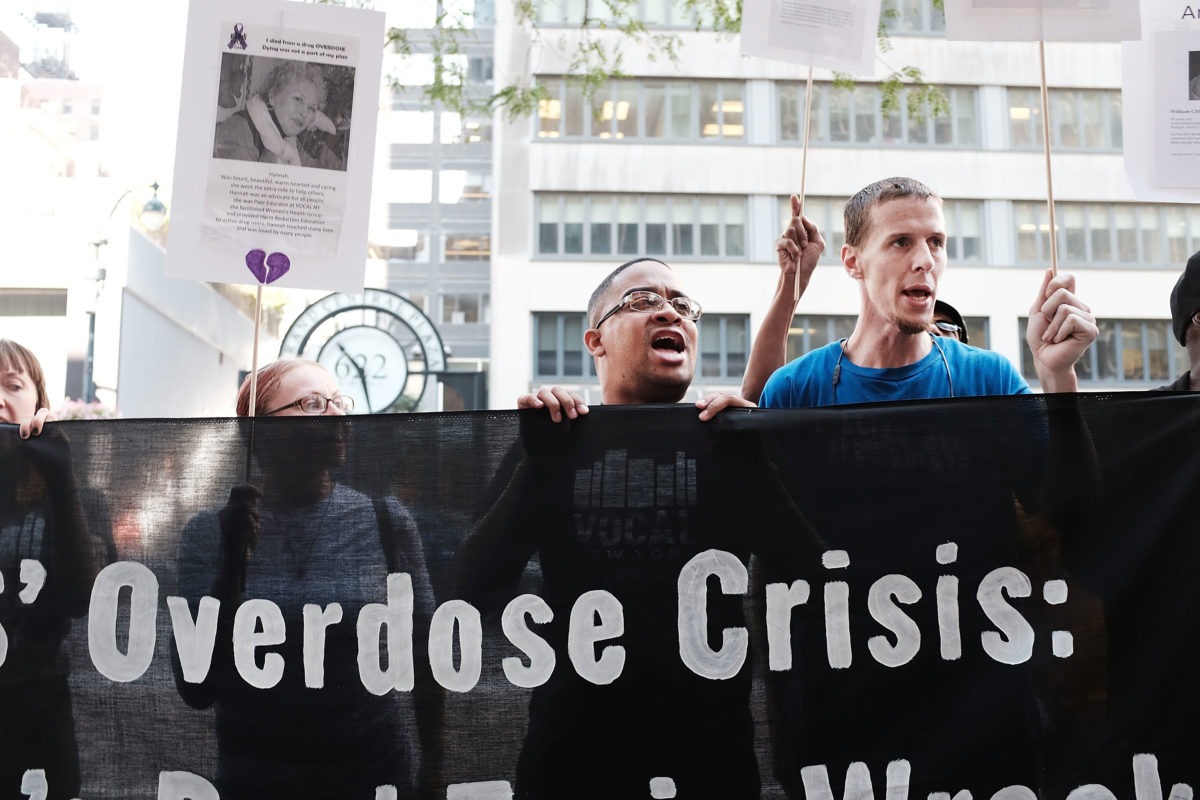
Criminalization as a response to the overdose crisis can cost lives.

Federal policy denies incarcerated people Medicaid coverage, making re-entry a time of heightened health risks. Tracie Gardner of the Legal Action Center explains New York State’s effort to “break the cycle of justice-involvement, poor health, economic instability, and recidivism that plagues individuals and families throughout New York.”
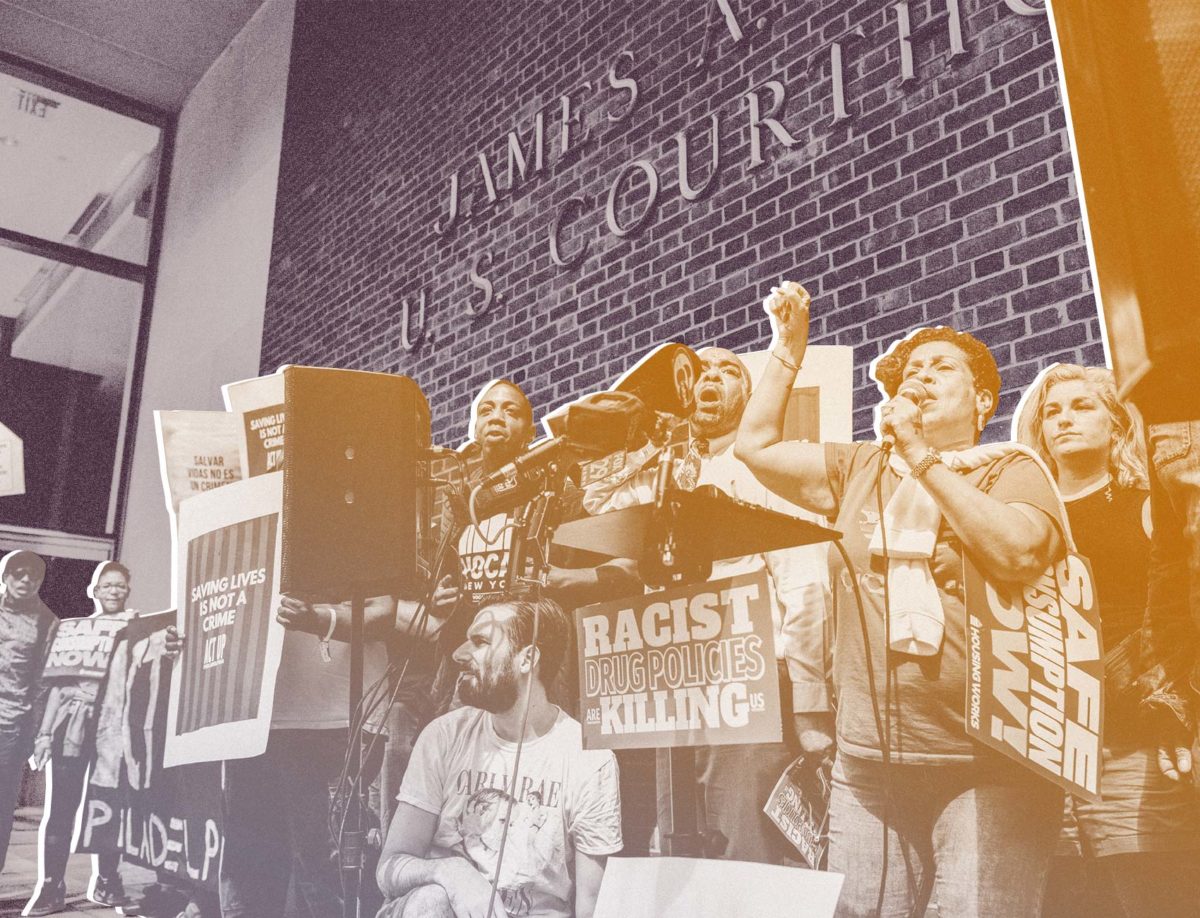
Nearly 20 years ago, Biden urged prosecutors to wield the ‘crack house‘ statute against rave promoters. Now it’s being used to stamp out public health responses to the opioid crisis.

Media coverage obsessively focuses on homicides, which are at historical lows. Meanwhile, suicides and overdoses skyrocket, quietly driving record declines in American life expectancy.
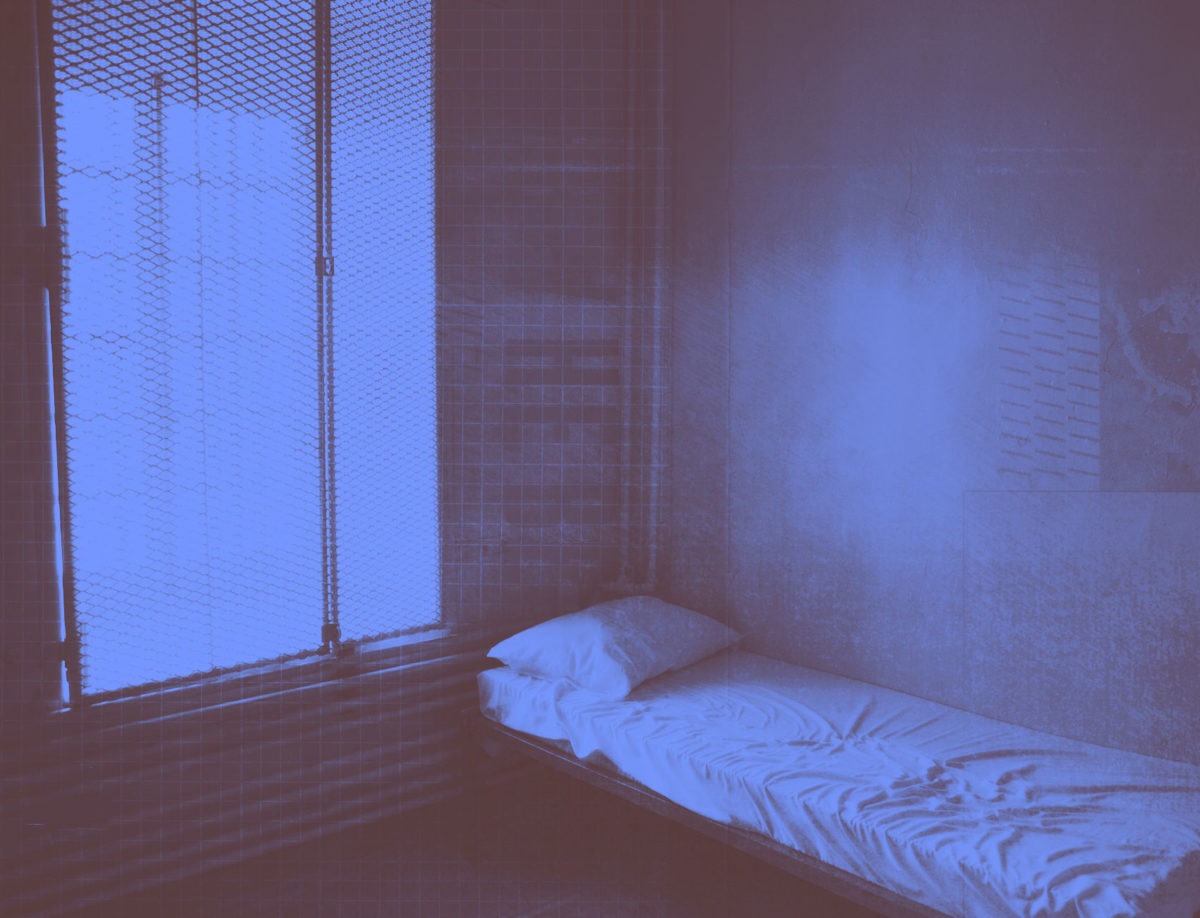
In 2016, Madison Jensen died from opiate withdrawal at the Duchesne County jail. New court filings allege that jail staff, including its nurse, ignored her rapidly deteriorating health.
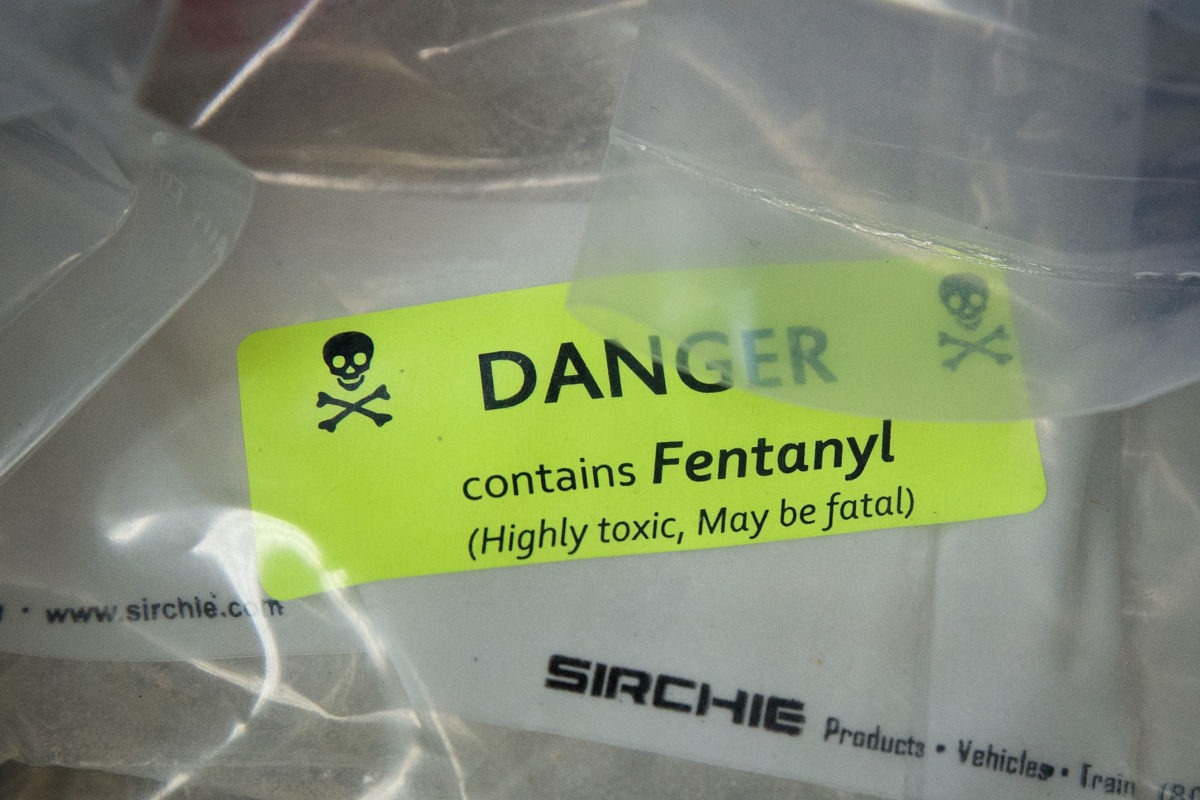
Sensational and false news reports about the drug are pushing lawmakers to enact harmful policies.
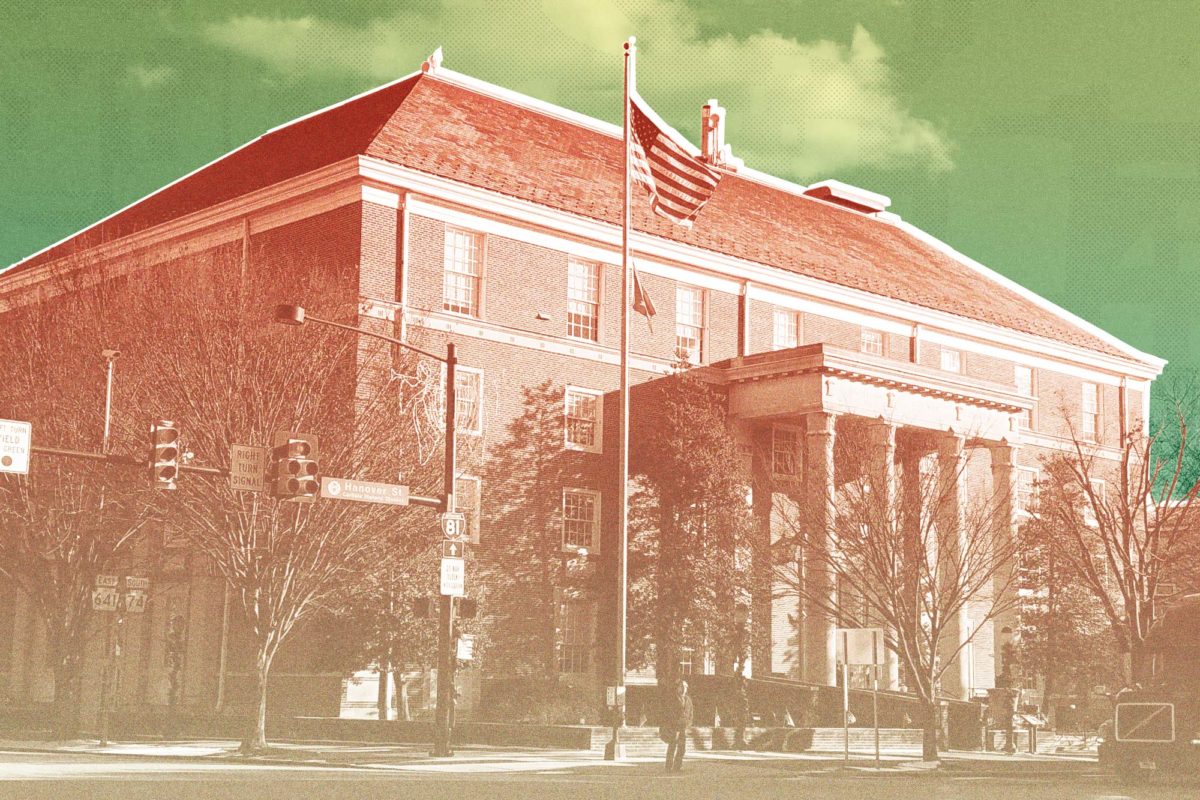
A new DA in Cumberland County, Pennsylvania, is treating the overdose crisis as a criminal matter rather than a community health issue.
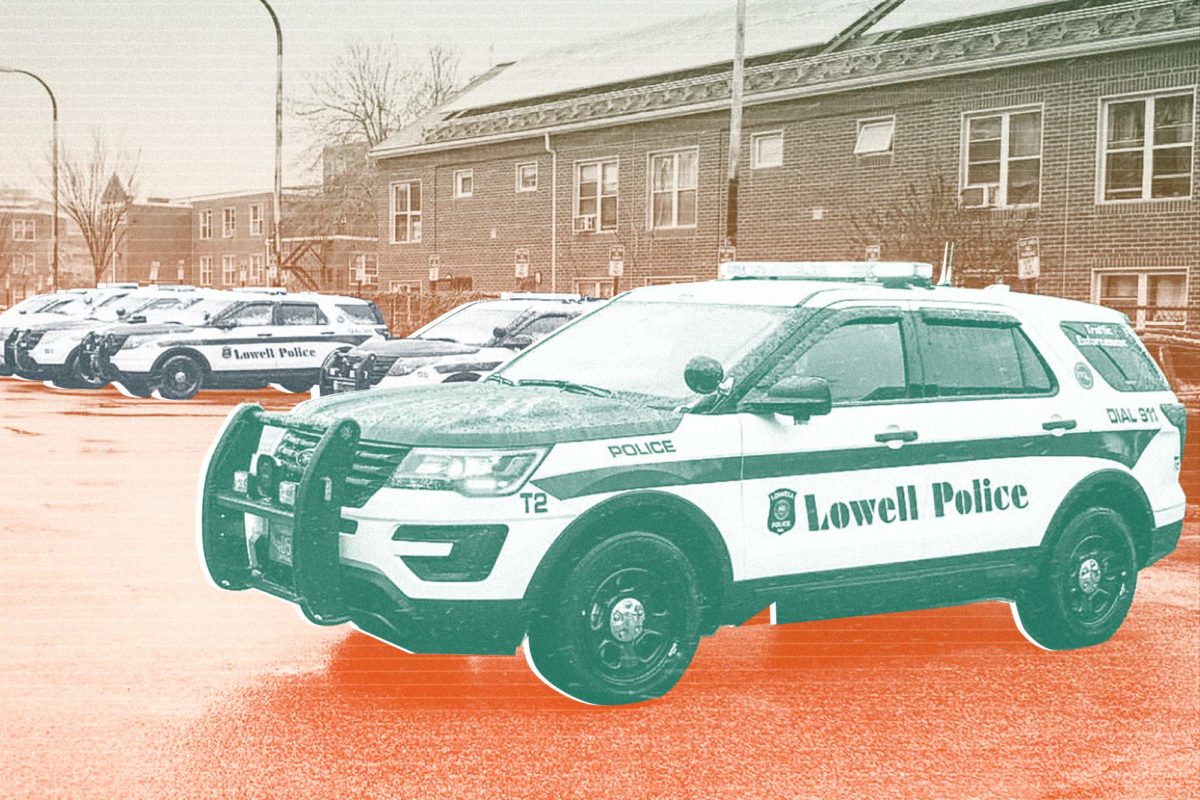
Trooper testimony inconsistent with video and misconduct among state and local law enforcement in New Hampshire and Massachusetts have caused at least 15 drug cases to unravel.